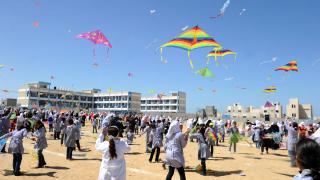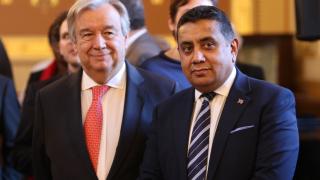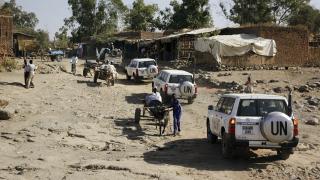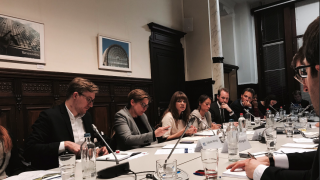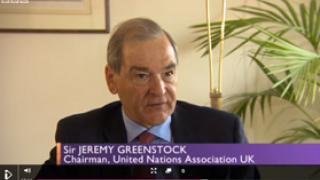
On 30 June, the UN-backed Action Group on Syria agreed steps to further a peaceful transition in the country, where the ongoing violence has killed some 16,500 people according to the Syria Observatory for Human Rights.
Kofi Annan, Joint UN-Arab League Envoy on Syria, said the Group – which includes the foreign ministers of the five permanent members of the UN Security Council (China, France, Russia, the UK and the US), as well as representatives from Turkey, the European Union and a number of Arab states – is “determined to work urgently and intensively to bring about an end to the violence” and remains “opposed to any further militarisation of the conflict”.
The Group called for all parties to re-commit to a cessation of violence, to cooperate fully with UN monitors and to implement the six-point plan that was put forward by Mr Annan and endorsed by the Security Council. It also agreed on a set of guidelines for a Syrian-led transition that includes the establishment of a transitional governing body comprising members of the present government, the opposition and other groups. Although not explicit in the Group’s official statement, there is said to be tacit agreement that Syrian President Bashar al-Assad would not be a member.
A day after the announcement, Turkey, which has been one of the most outspoken critics of the Syrian government, deployed six fighter jets near its border after six Syrian helicopters came close. Mr Annan has repeatedly warned against the danger of the conflict spilling over into the wider region.
In the lead-up to the Group’s meeting, the UN Human Rights Council Commission of Inquiry on Syria released its latest findings. The Commission, which was not allowed to access the country, said initial findings indicate that government forces have perpetrated unlawful killings, arbitrary arrests, torture, sexual violence and other forms of ill-treatment against civilians in Taldou, where more than 100 people were killed on 25 May. It also believed that anti-government groups had committed violations, notably extrajudicial executions.
Lord Malloch-Brown will be the keynote speaker at UNA-UK’s UN Forum event on 14 July 2012

